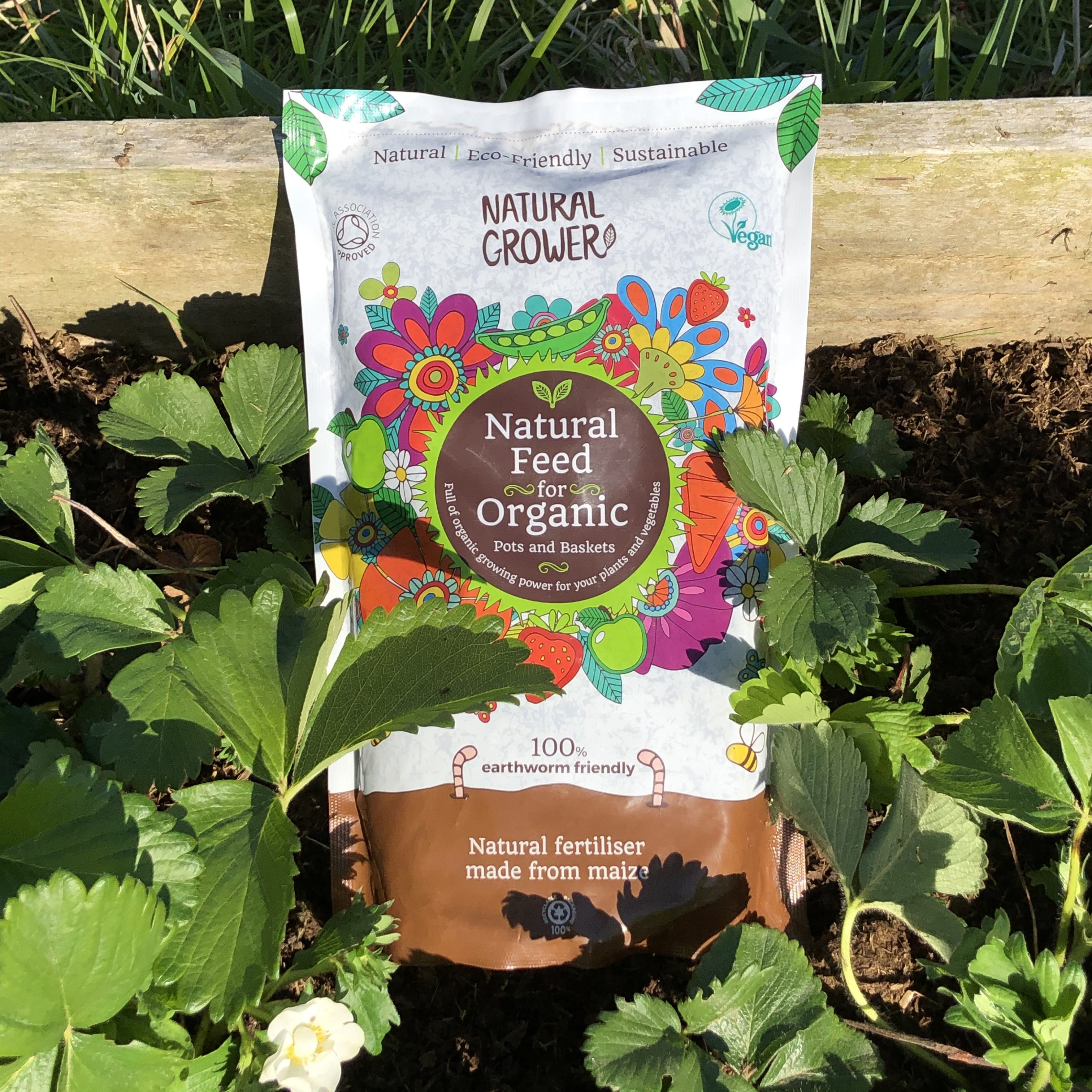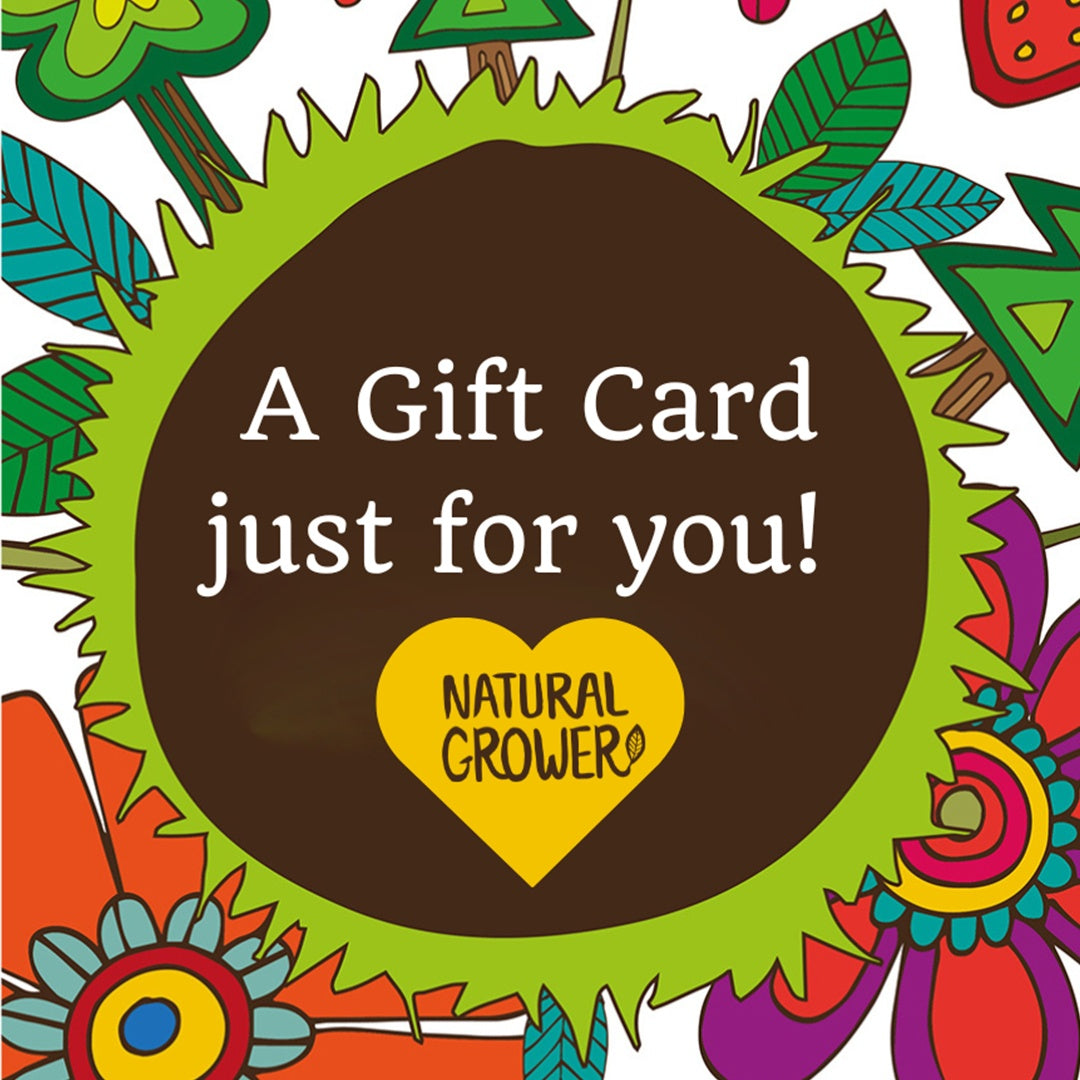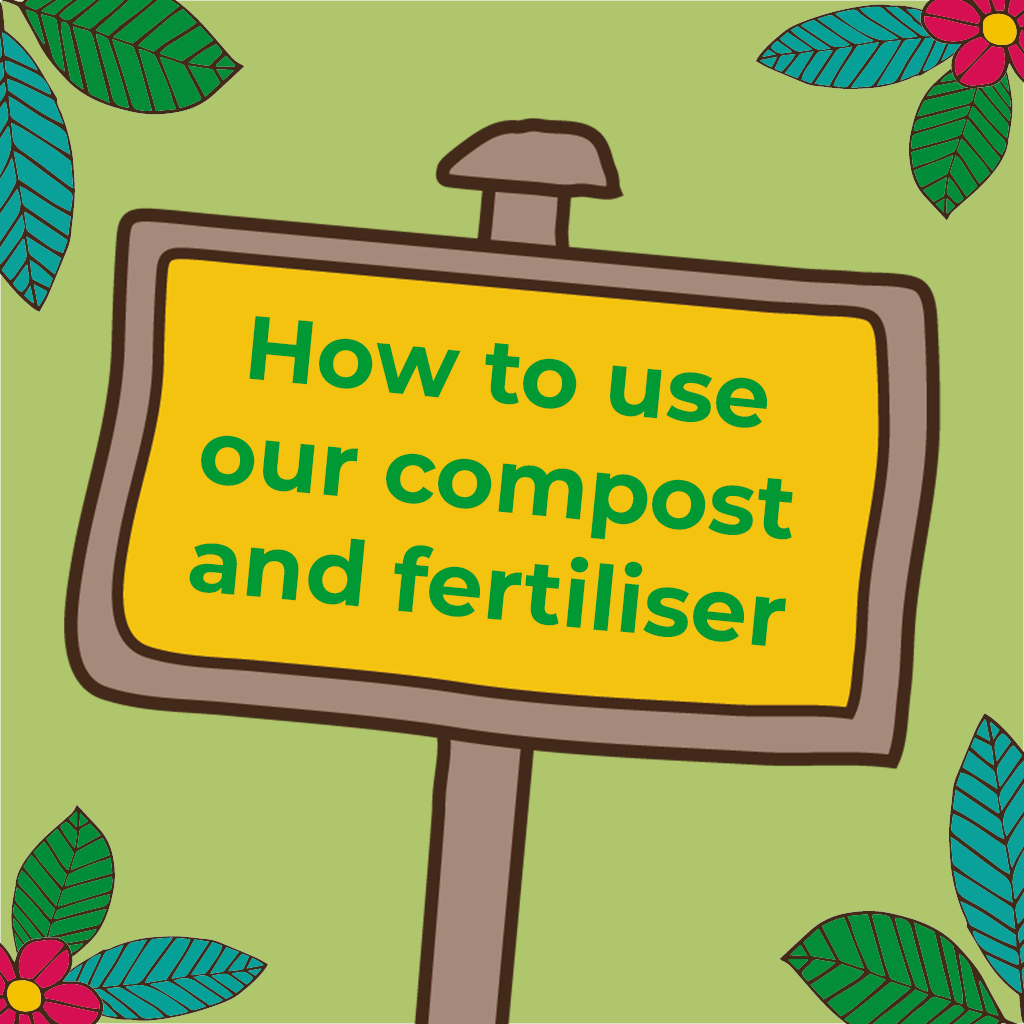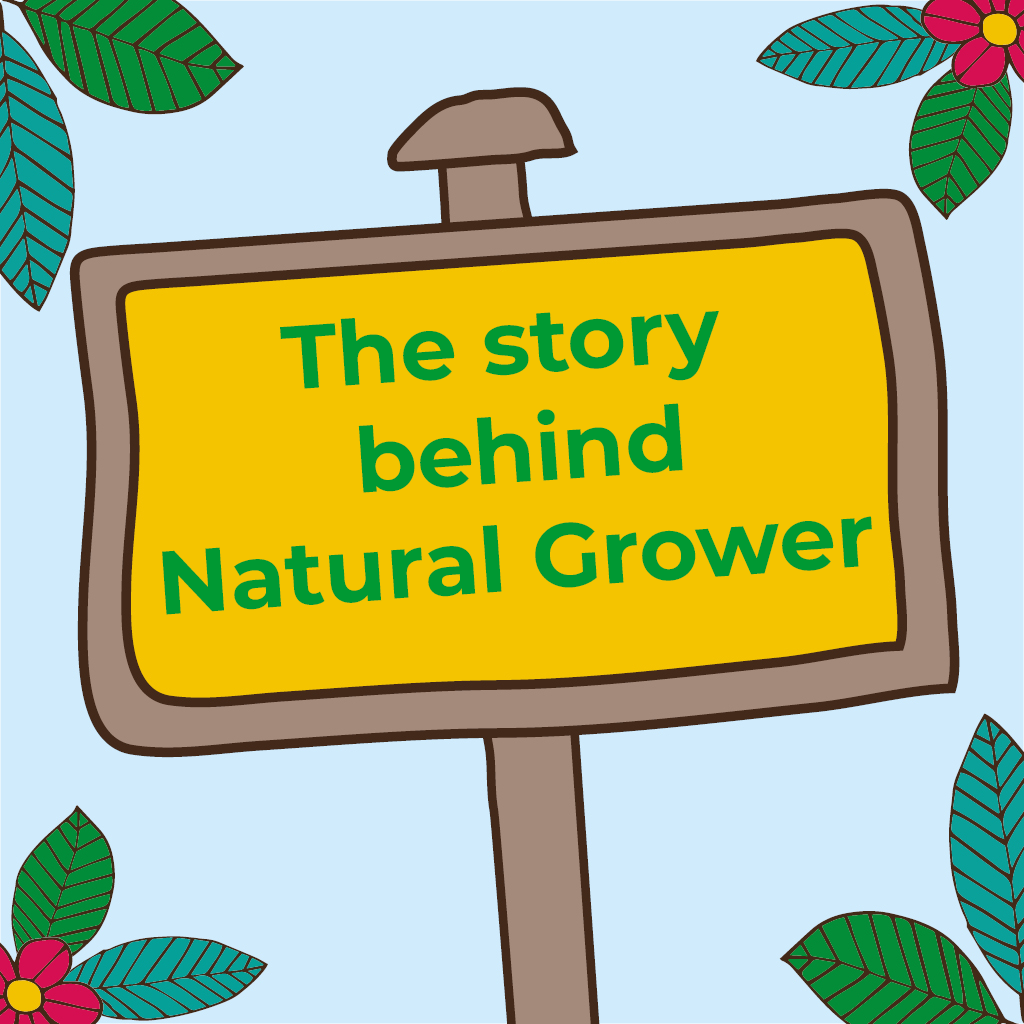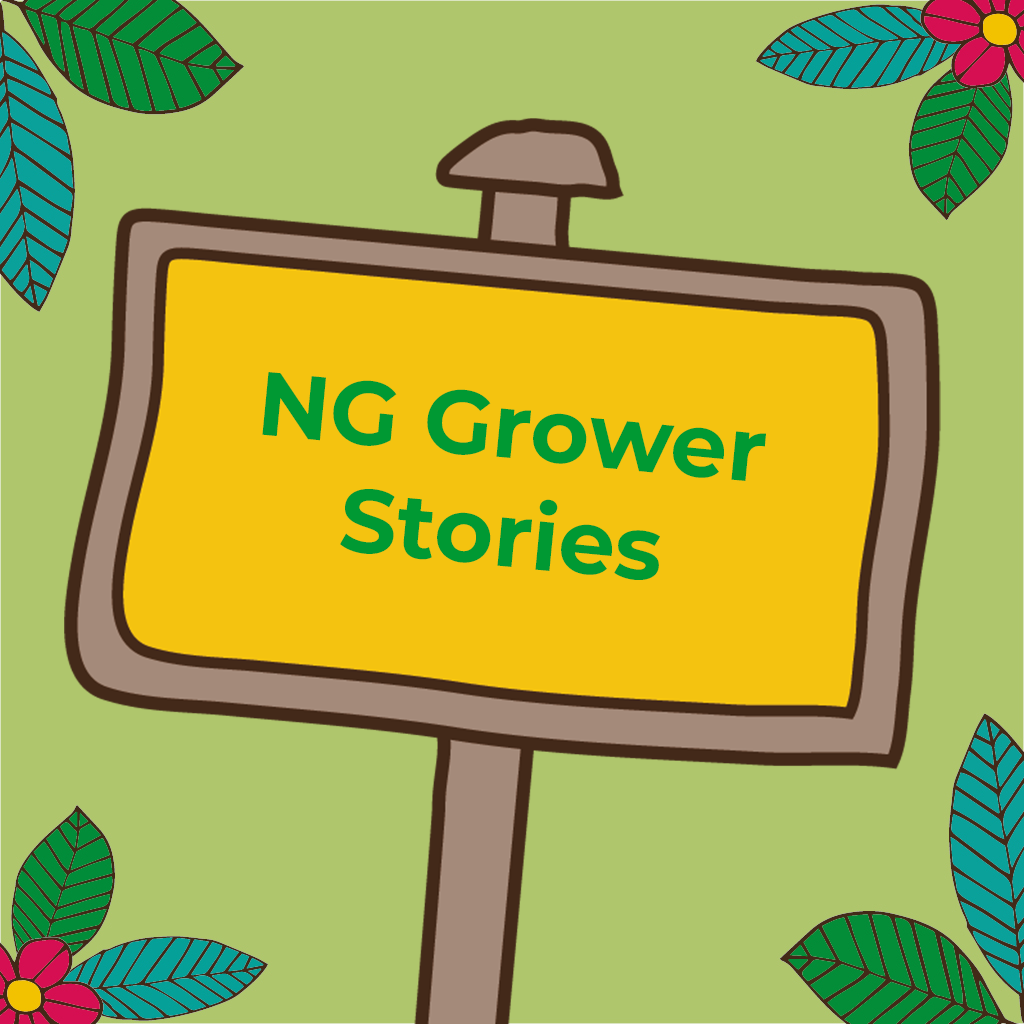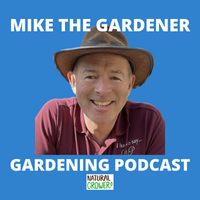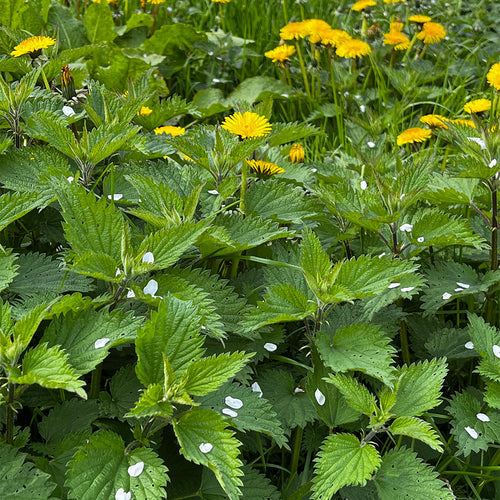
Chemical free tips to rebalance the eco-systems in your garden.
The benefits of nettles in your garden
You may feel that nettles, especially stinging nettles, are a problem weed that you need to dig up and discard. But there are actually numerous ways that nettles in your garden can be put to positive use:
- Nettles are the primary food source for many caterpillars so are key to the survival of butterflies. Leave a patch of nettles in a sunny spot for butterfly larvae to feed on. The Small tortoiseshell, Comma, Painted Lady, Peacock, and Red Admiral butterflies all love stinging nettles.
- Nettles are also a source of food for slugs and snails, which will draw both away from your precious seedlings and vegetables. Frogs and toads will shelter under nettles and eat the slugs.
- Nettle aphids appear very early in the spring and provide an excellent source of food for birds and beneficial insects.
- Nettles are the number one destination for ladybirds with eggs to lay. These eggs turn into ladybird larvae, which predate on garden pests, including aphids, whitefly and red spider mite.
- Chopped nettles act as a natural activator and speed up the decomposition process in compost heaps. For the best results, make sure the nettles are thoroughly mixed with lots of different materials - dry, wet, soft and woody - otherwise they become slimy. And don't add nettle roots, unless your compost heap is very hot.
Important note: Dig up nettles at the end of each season to prevent their fleshy roots spreading out of control.
chemical free gardening, nettles, nettle aphids
